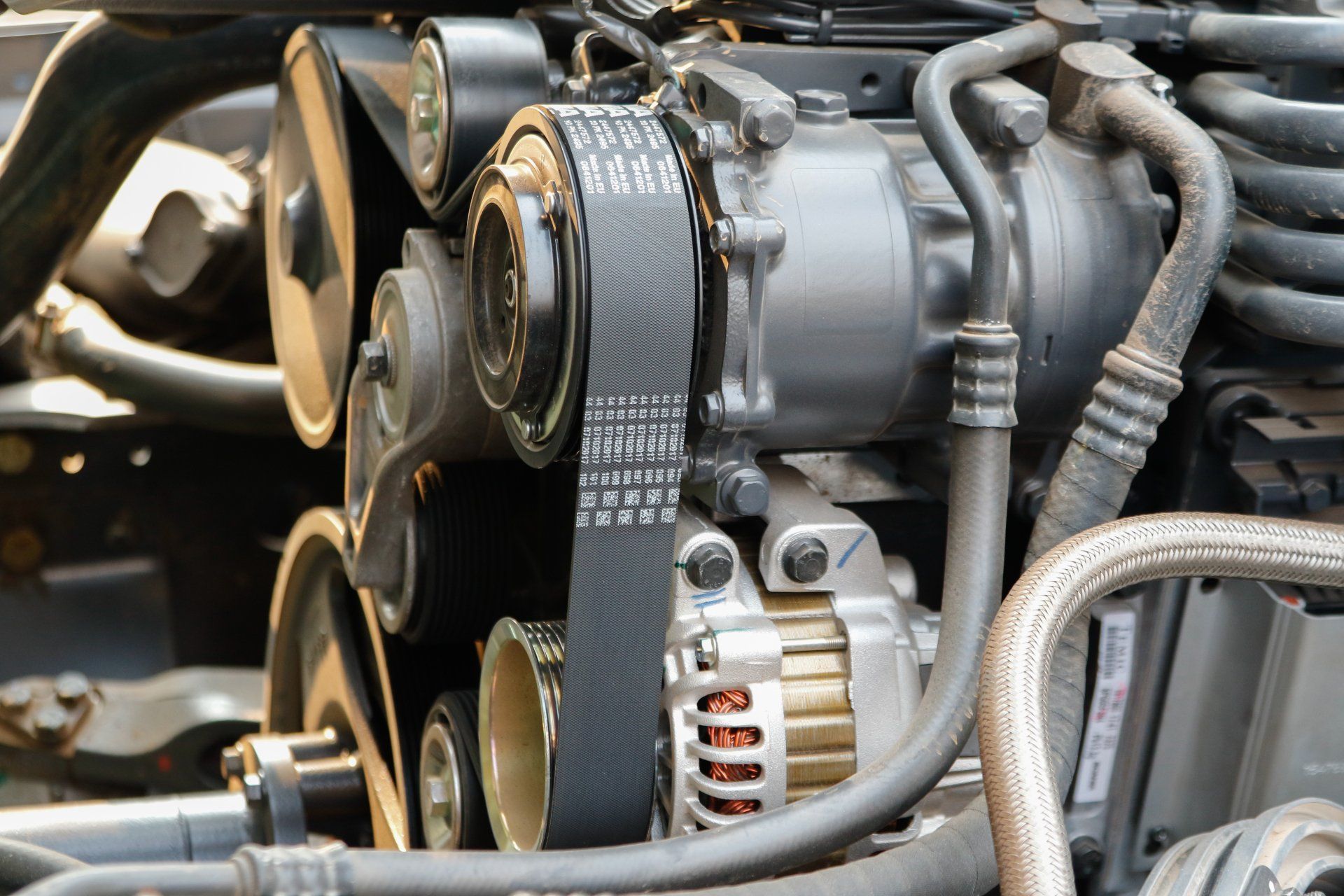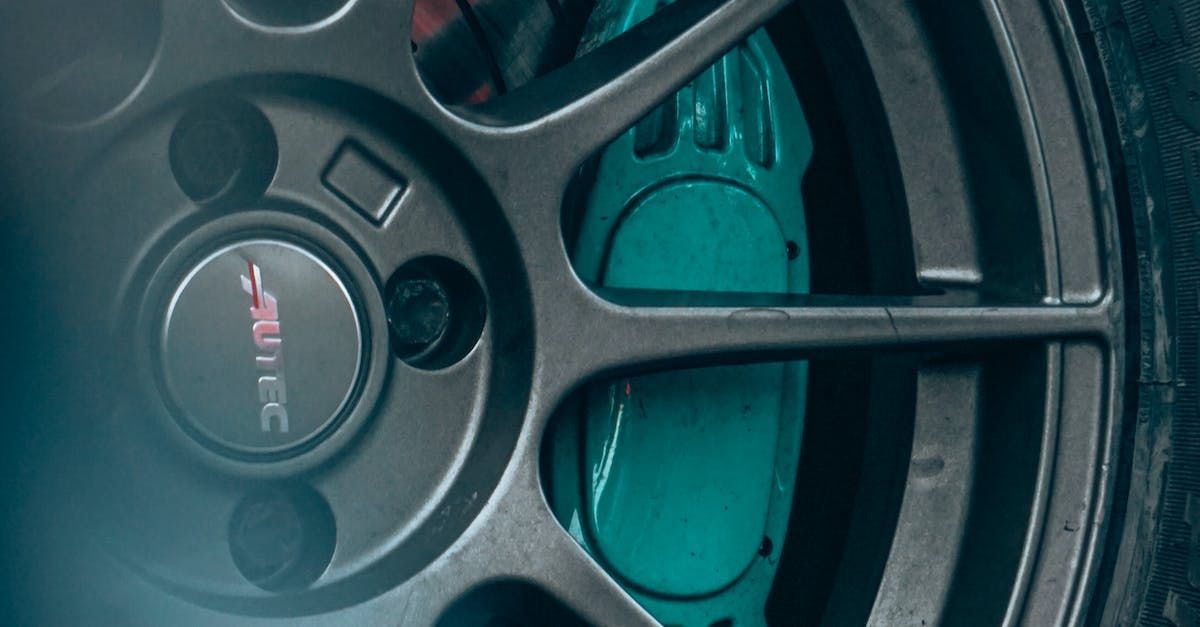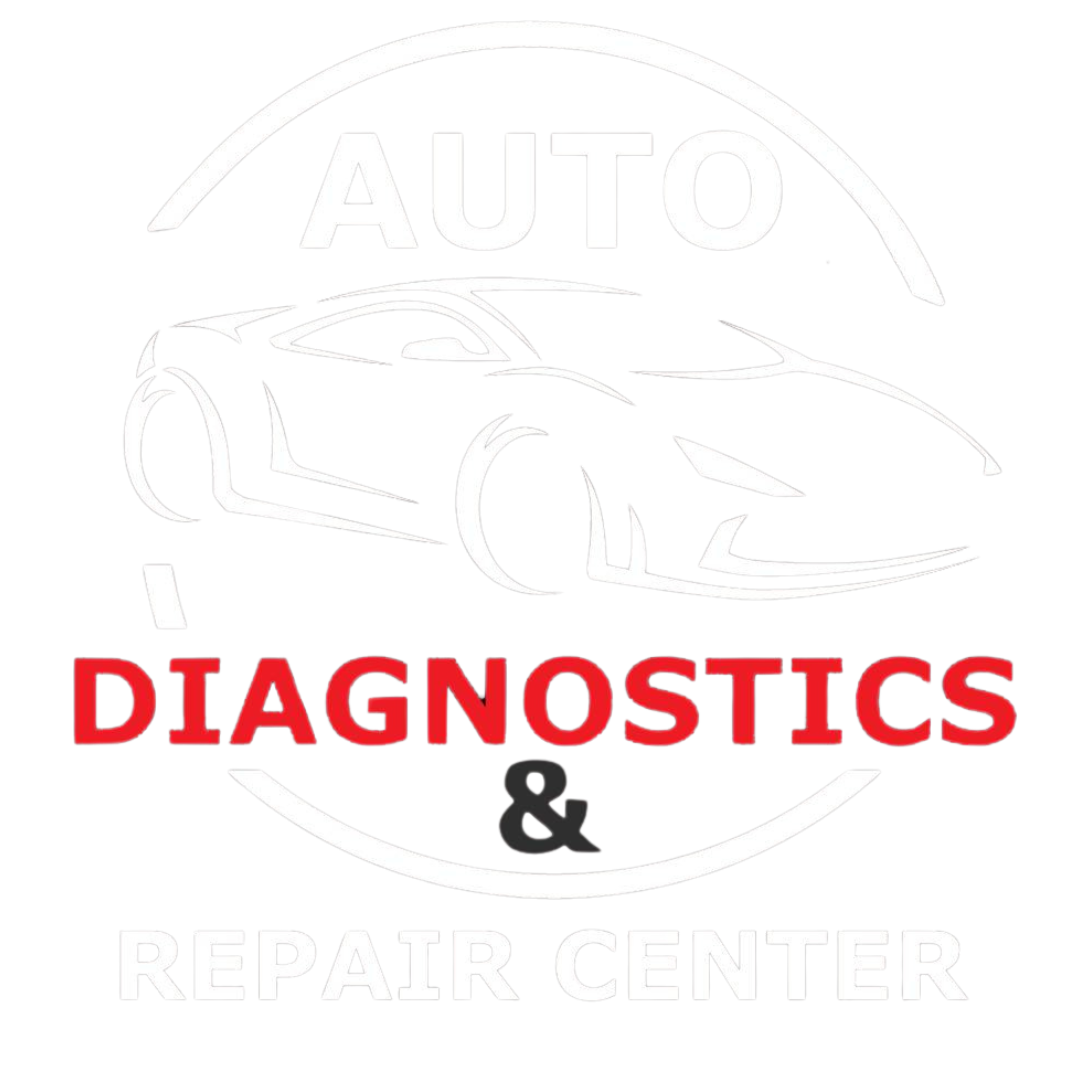Maximizing Vehicle Performance: The Importance of Regular Maintenance
Introduction:
Regular maintenance is the key to maximizing the performance, safety, and longevity of your vehicle. By adhering to a routine maintenance schedule, you can ensure your vehicle runs smoothly and efficiently for years to come.
Extending Vehicle Lifespan:
Routine check-ups and servicing can prevent minor issues from escalating into major problems, significantly extending the life of your vehicle. Regular maintenance tasks like oil changes, brake inspections, and tire rotations can keep your vehicle in top condition.
Improving Performance:
Well-maintained vehicles offer better performance. Regular maintenance tasks, such as replacing air filters and maintaining proper tire pressure, can improve your vehicle’s efficiency and drivability.
Ensuring Safety:
The safety of your vehicle directly depends on its maintenance. Essential components, such as brakes and tires, need regular inspections to ensure they function correctly, keeping you and your passengers safe.
Routine Maintenance Tips:
- Follow the Manufacturer’s Service Schedule: Each vehicle comes with a recommended service schedule. Adhering to this schedule can prevent potential problems and ensure optimal performance.
- Check Fluid Levels Regularly: Keeping an eye on your vehicle’s oil, coolant, and other fluid levels can help identify leaks or other issues early on.
- Inspect Your Tires: Regularly checking your tires for wear and ensuring they are properly inflated can improve your vehicle’s handling and fuel efficiency.
- Monitor Brake Pads and Discs: Brakes are vital for safety. Inspecting them for wear and replacing them as necessary can prevent accidents.
Conclusion:
Regular maintenance is crucial for maximizing the performance and extending the lifespan of your vehicle. By following these tips and adhering to your vehicle's maintenance schedule, you can enjoy a safer, more efficient, and more reliable driving experience.



